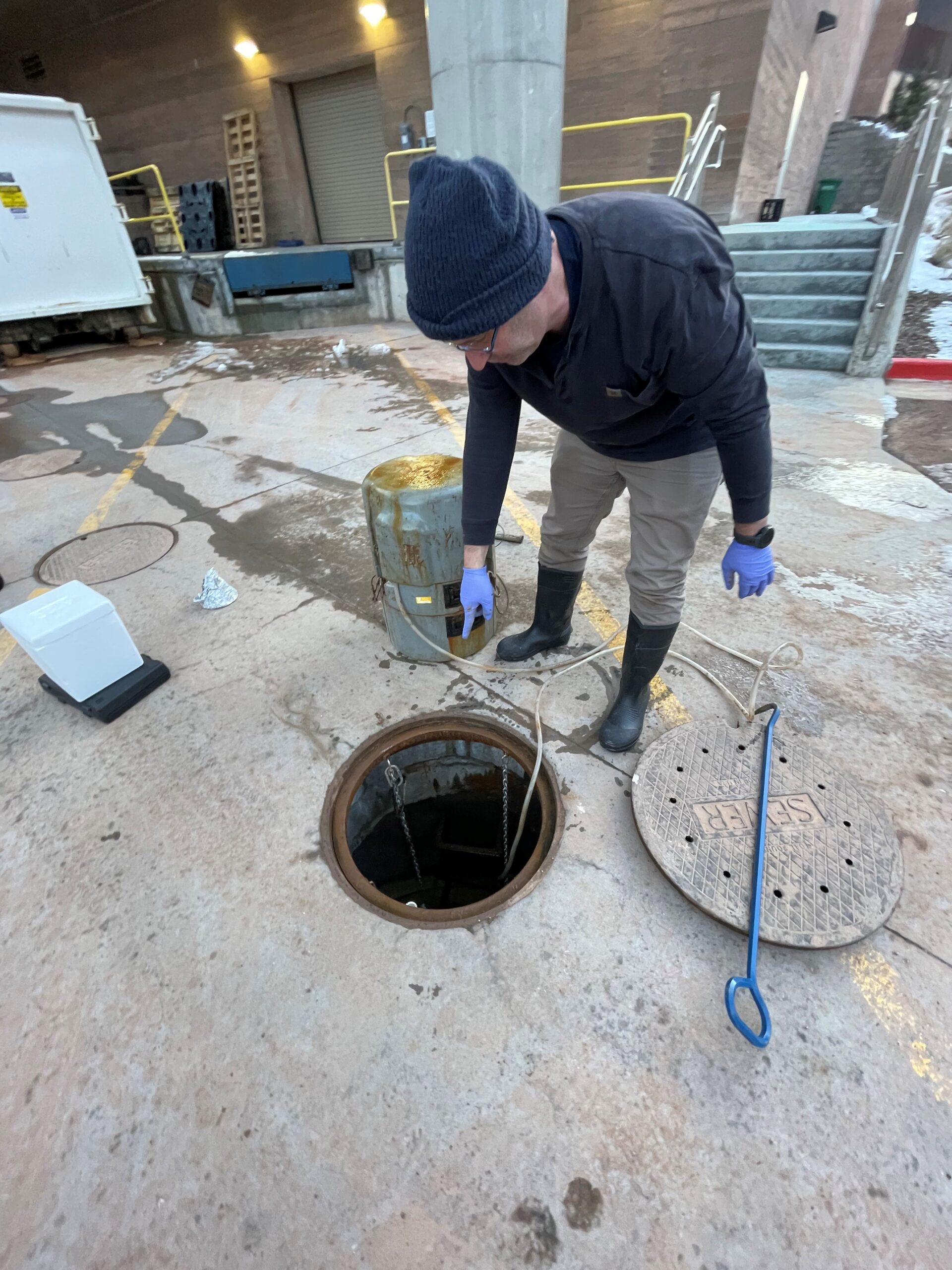Project Background
Wastewater based epidemiology allows for monitoring of antibiotic resistant infections, non-communicable diseases and infectious diseases in communities. Through the use of nucleic acid based and chemical or metabolic marker based assays, a composite picture of community health can be determined. These results are useful in designing interventions at the community scale.
Student Role
Here the student will be collecting and processing wastewater to monitor DNA or RNA based signals as well as metabolomic signals of diseases in communities. The student will be trained and work along side other undergraduate students under the supervision of the PI and graduate students.
Student Learning Outcomes and Benefits
The students will learn molecular biology based tools, chemistry and environmental engineering. They will work to standard protocols and be key in development of new data and methods for the Centers for Disease Control.

Jennifer Weidhaas
Dr. Weidhaas’ research and teaching interests include environmental engineering with a particular emphasis on biological processes and the fate and transport of contaminants and microorganisms in the environment. Her recent projects include evaluation of emerging contaminants in environmental systems, chemical spills impacting water resources and bioremediation of hazardous materials. She also conducts research in the area of environmental microbiology including microbial source tracking, development of massively parallel pathogen detection methods, and evaluation of microorganism fate in environmental systems.
E-SURe: Environmental Sustainability and Urban Resilience laboratory
We focus on diverse research areas including:
--Environmental Microbiology
--pathogens and fecal indicator fate and transport in environmental systems
--microbial source tracking
--development of pathogen detection systems
--safety in water reuse
--Quantitative microbial risk assessment
--Environmental Engineering
--fate and transport of emerging contaminants
--rocket fuel derivatives (NDMA)
--novel insensitive munitions (DNAN and NTO)
--orphaned chemicals (MCHM and PPH)
--pesticide dichloroacetamide safeners (Benoxacor and Furilazole)
--chemical spills impacting water resources
--bioremediation of hazardous materials
